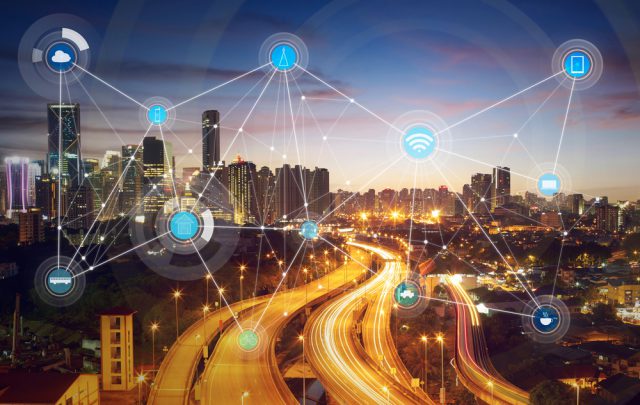
Smart communities and how they're changing the world [Q&A]
Smart communities and smart cities are set to deliver a number of benefits, including environmental sustainability, reducing the digital divide, and improving people's lives with smarter, personalized and more intuitive services and experiences.
But making them work involves a good deal of technology such as 5G, small cells and distributed antenna systems (DAS), as well as needing partnerships between governments and businesses. We spoke to Brendan O'Reilly, group chief technology officer at BAI Communications to find out more about smart communities and what makes them work.
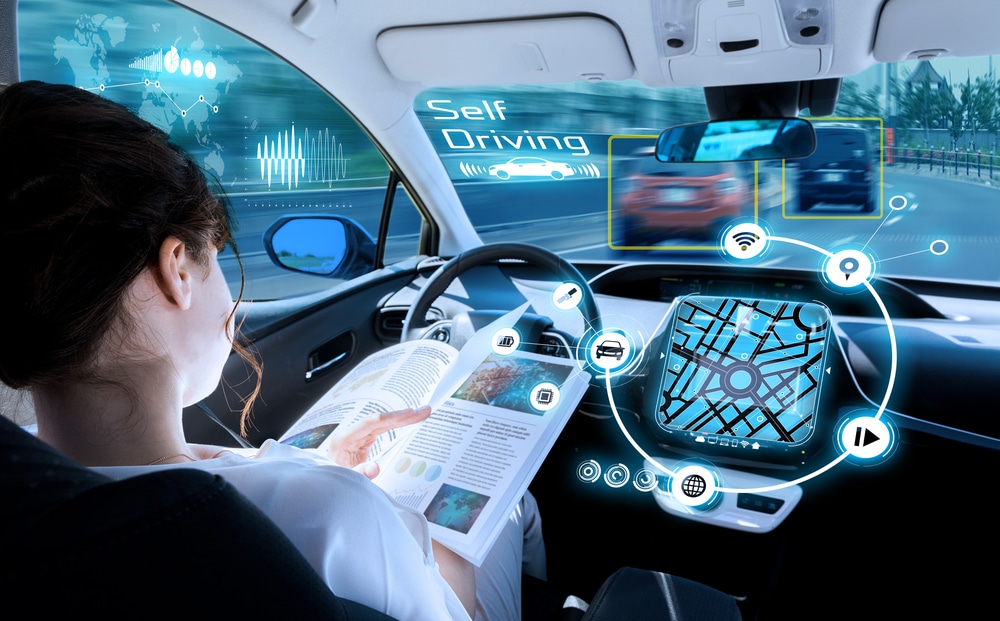
Are autonomous vehicles the answer to making cities more livable?
Autonomous vehicles have the potential to revolutionize the way we live and move around in cities. From reducing traffic congestion and improving safety to increasing accessibility and efficiency, there are many positive aspects to consider.
However, there are also negative considerations, such as job loss and privacy concerns, that must be addressed. In this article, we will delve into the various ways in which autonomous vehicles could make cities more livable, as well as address some of the potential challenges.

Diversifying our spaces for stronger communities
Innovation cannot exist without diversity. As cities and urban areas look to build stronger, more sustainable communities, appropriate preparation must be undertaken to ensure that plans are suitable for every citizen. This means dedicating time into the planning stage, where local authorities and partners consider what citizens need from their environment. In other words, to build smart cities and communities, they must be designed and executed with inclusivity in mind, thinking of the potential barriers that could be faced by individuals.
For smart cities, there is an element of informed prediction. Looking back at buildings made at the start of the last century, it’s clear they were built with the intention to last. When we look at transforming our cities now, we must adopt the same long-term view. However, the choices we make today must be clear in what they want to achieve in the decades to come and must be ready and capable of adapting and evolving, as humans do.
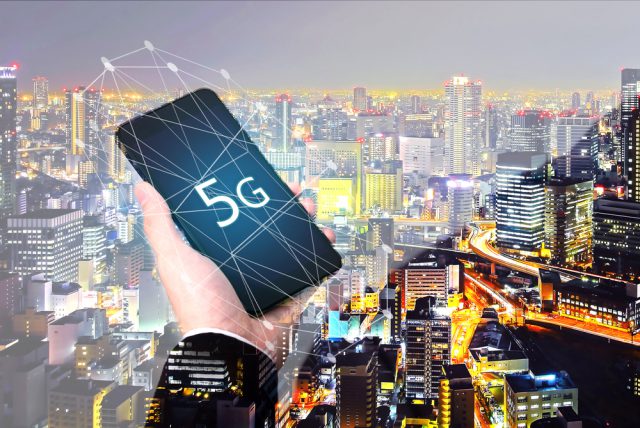
How 5G is going to change the world
The internet along with mobile connectivity has already had a significant impact on the way that we live our lives.
All that 5G is going to do is make things faster, right? Not according to Melita Business which has released data analysis showing that 5G will allow for a futuristic world of extended reality, artificial intelligence, and edge computing in every industry.
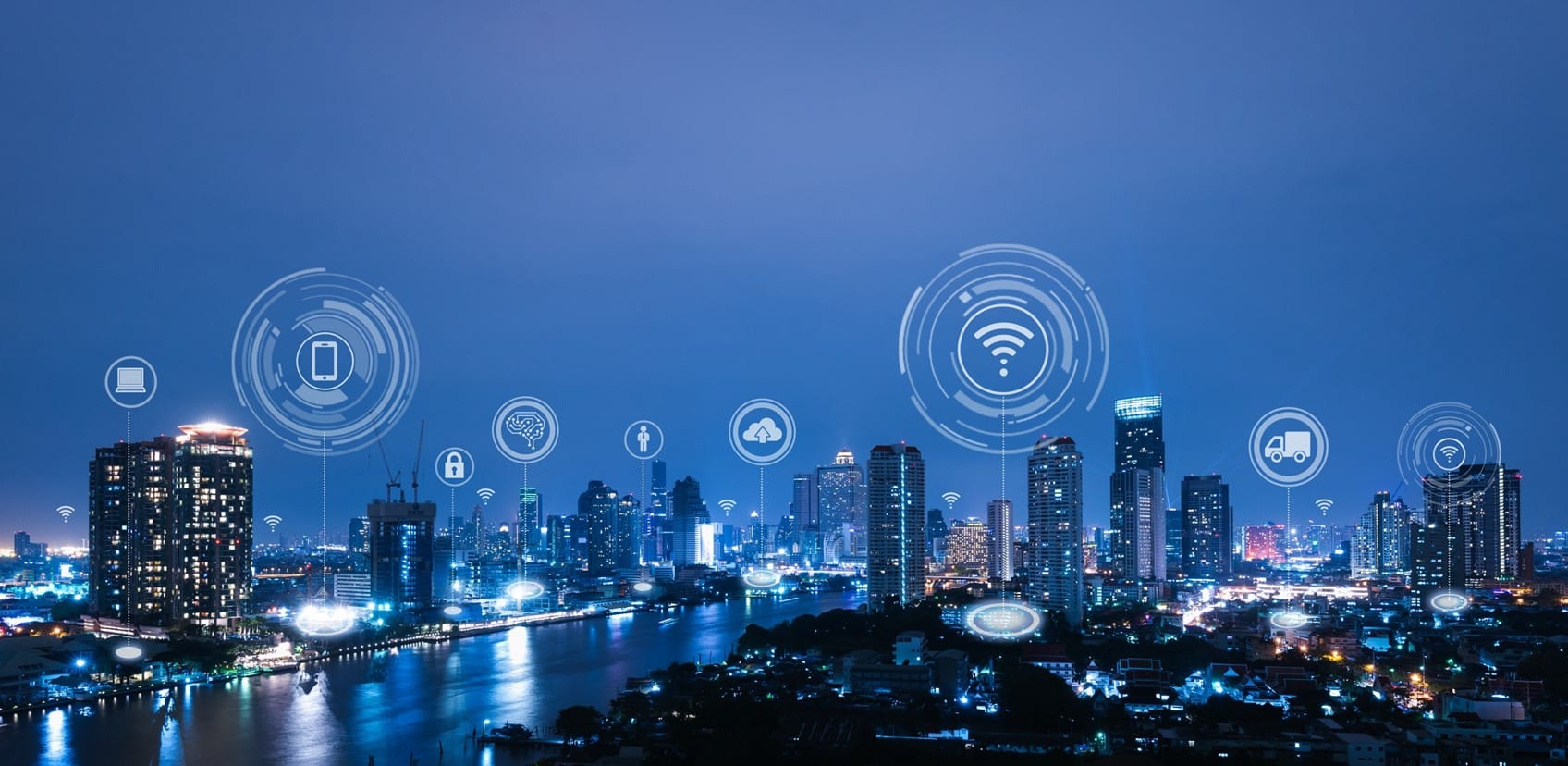
Big data, big city transformations: Transport and well-being
As the world changes, so do our priorities. We are now needing to place human needs before technical needs when designing urban areas for the future. Sustainability is at the heart of these considerations as we look to include green spaces, utilize big data effectively, and introduce efficient travel. Technology is central to these ideas, particularly for the use of big data in smart cities.
In today’s society, governments and leaders are given a plethora of insights and data that improve how we live. Gathering such rich and useful information about built-up areas like cities is not only efficient and relatively quick but can work towards providing the best living conditions for residents as well as the environment and other species that inhabit it.

The IT infrastructure needed for smart cities [Q&A]
Smart cities hold out the promise of a future where tech-driven urban spaces provide faster, smarter, greener living. But for this to work requires a high-performance digital infrastructure, not just fast internet.
Smart cities need to be built with a connected infrastructure and with future proofing in mind. To find out about the data center strategies required to make this work we spoke to Bill Fenick, VP of enterprise at interconnection specialist Interxion.

How a 0G network can make smart cities using IoT that much smarter
The IoT has the power to unleash the smart city, providing data-backed insights that can be used to inform sustainability initiatives, enhance operations and influence municipal planning and budgeting. However, the potential of this technology is currently capped by a few critical barriers -- namely, security and cost.
To capitalize on insights derived from the IoT and truly become "smart," resource-strapped cities need a solution that 1) requires lower upfront investment than traditional options, and 2) ensures top-notch security. What is that solution? It could be a 0G network.

Intel-sponsored study finds that smart cities save time
A study sponsored by Intel has come to the rather unsurprising conclusion that smart cities save people time. The company says that major cities that have embraced the Internet of Things (IoT) can save each of their citizens up to 125 hours per year.
Being able to claw back more than five days over the course of a year seems too good to be true, but the study from Intel and Juniper Research appears to bear out the claim. The research looked at smart cities around the world, ranking them accordingly in the areas of mobility, health care, public safety and productivity.

Bristol is UK's Smart City leader
The UK’s biggest urban areas are embracing smart city technology at a faster rate than ever, new research has claimed.
The latest Huawei UK Smart Cities Index has revealed how many of the nation’s biggest cities are using new technology across a wide range of areas.

How Internet of Things supports smart cities
Global analyst firm Gartner has predicted that by 2020 there will be more than 20 billion "things" connected to the Internet, sending data all over the world. These Internet of Things (IoT) devices could be anything from fish tanks and fidget spinners, to sunglasses, fridges and other home appliances. All these devices have the ability to send and receive data between one another, creating a network that can share valuable information.
When such devices are integrated into the infrastructure of our towns and cities, they have the potential to revolutionize the way we live our lives -- making our cities more accessible, safer and easier to navigate. For fleet and operations managers in particular, this presents a very enticing opportunity.
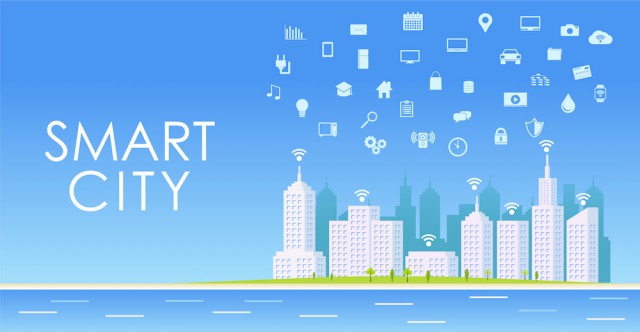
What you need to know about smart cities
Imagine living somewhere where traffic jams were a thing of the past, where ambulance crews started on-route to an emergency before anyone had dialed 911 and where critical infrastructure operated at maximum efficiency. This utopian city may not currently be possible, but the Internet of things could change that in the not too distant future.
By connecting various aspects of the urban landscape to the Internet, local administrators will gain access to countless extra data sets that could help them provide better services for their citizens. These smart cities not only promise to improve the lives of their inhabitants, but also provide potentially lucrative commercial opportunities for a number of businesses.
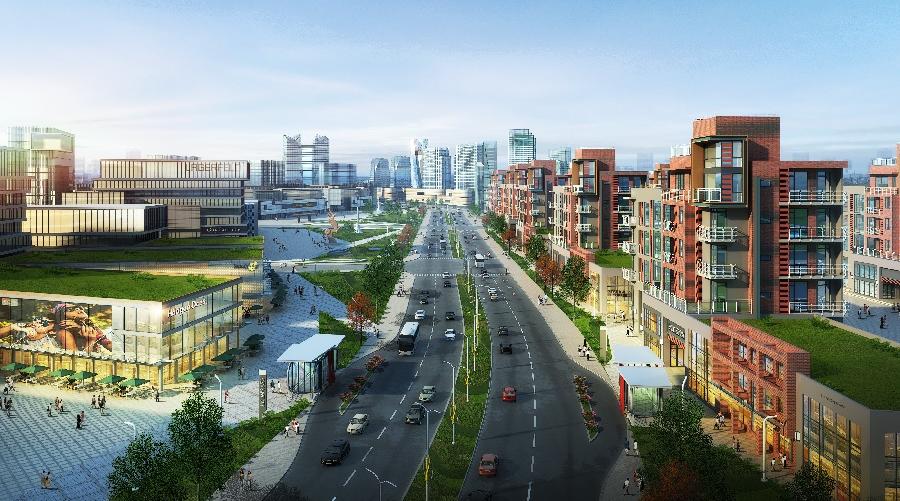
The glue that binds smart cities together
The visage of our 'smart' or 'connected' destiny is often presented to us in broad strokes: self-driving vehicles, connected homes, logistics, wearables -- the list continues on with each piece of evolving and maturing technology.
Smart cities have a bright future, and the application possibilities seem expansive, but often lost in the conversation is the technology that actually enables the connected world. Within a smart city -- or even at a micro level -- within one specific industry deploying smart technology, are a wide range of considerations:
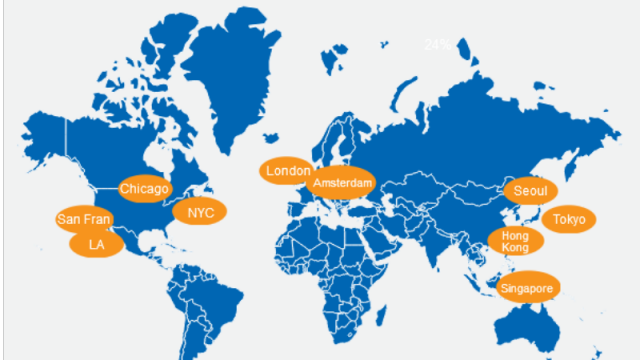
Major cities to become 'smart' by 2020
Within the next four years, a bunch of cities around the world will be transformed into smart cities, technology research firm IHS Technology suggests.
By becoming smart, they will offer operators $25 billion (£17.96bn) in opportunities.

Is the UK government's plan to fund IoT and Smart City apps a waste of £40 million?
With Chancellor of the Exchequer George Osborne’s announcement that the government will pledge £40 million in funds to develop applications for the Internet of Things and Smart Cities as part of the 2015 budget, it got me thinking about how this funding could be utilized to best effect.
Every app development provider around the country must be putting together their proposals as you read this, but is this really the best use of tax-payer’s money?
